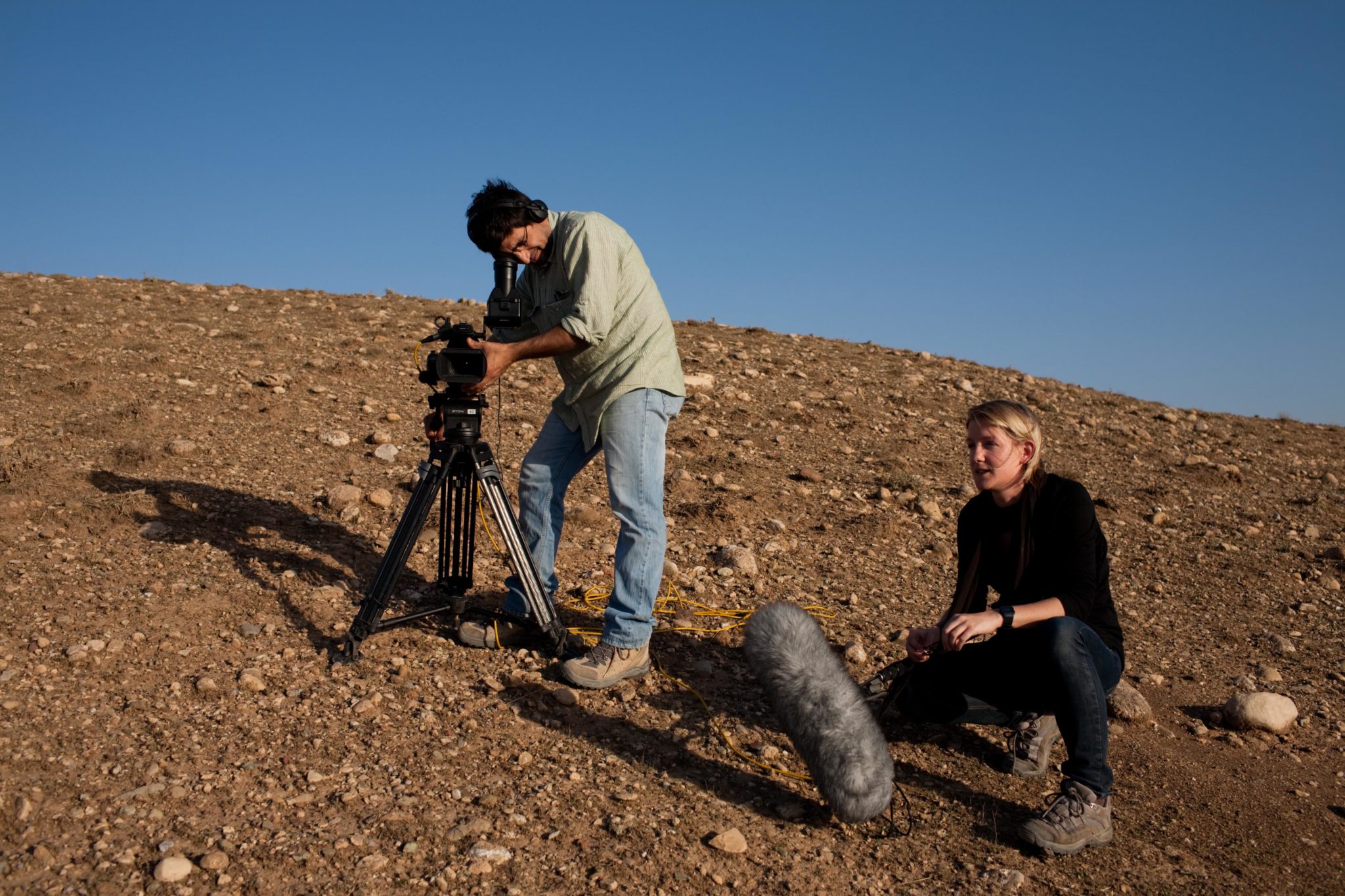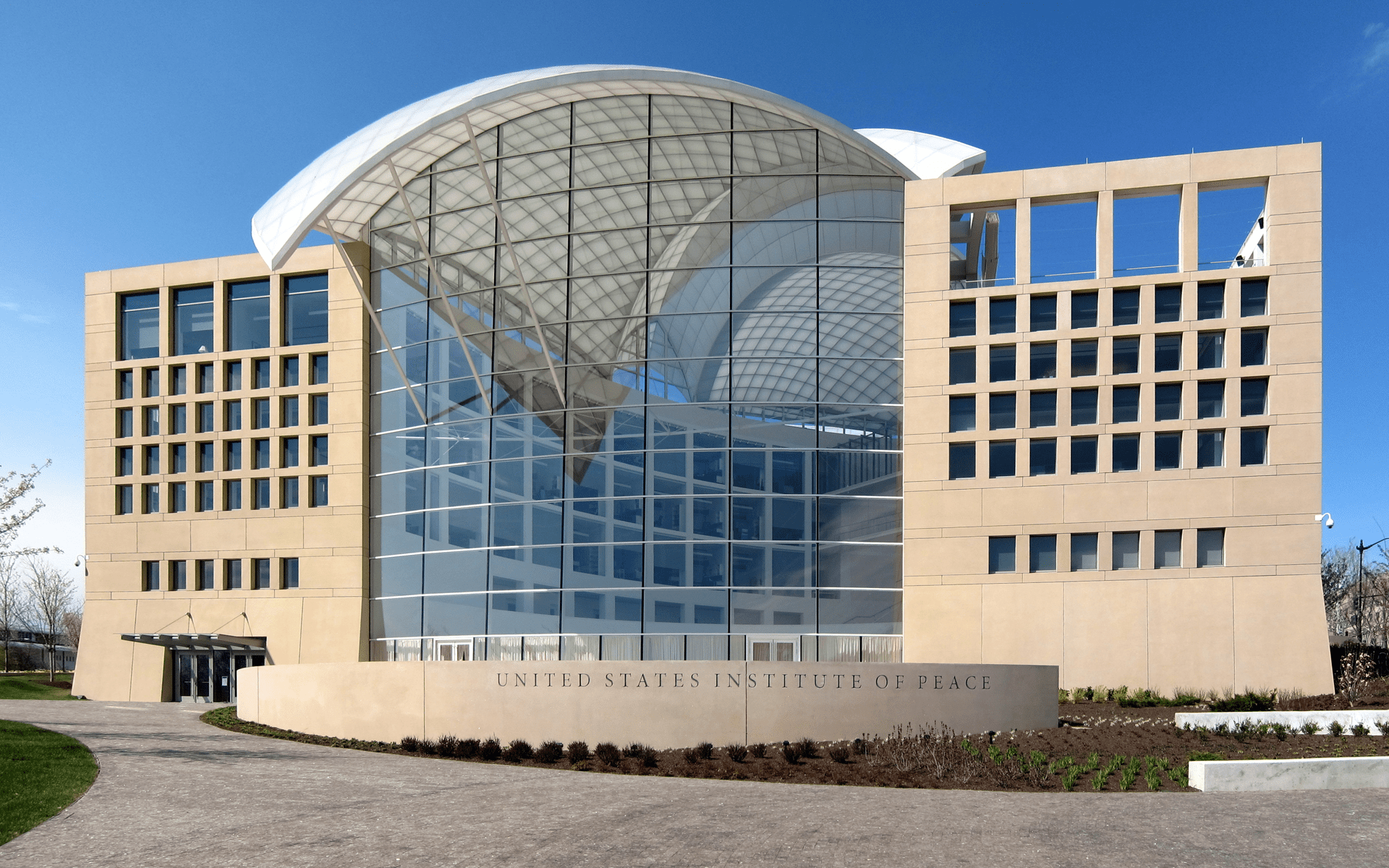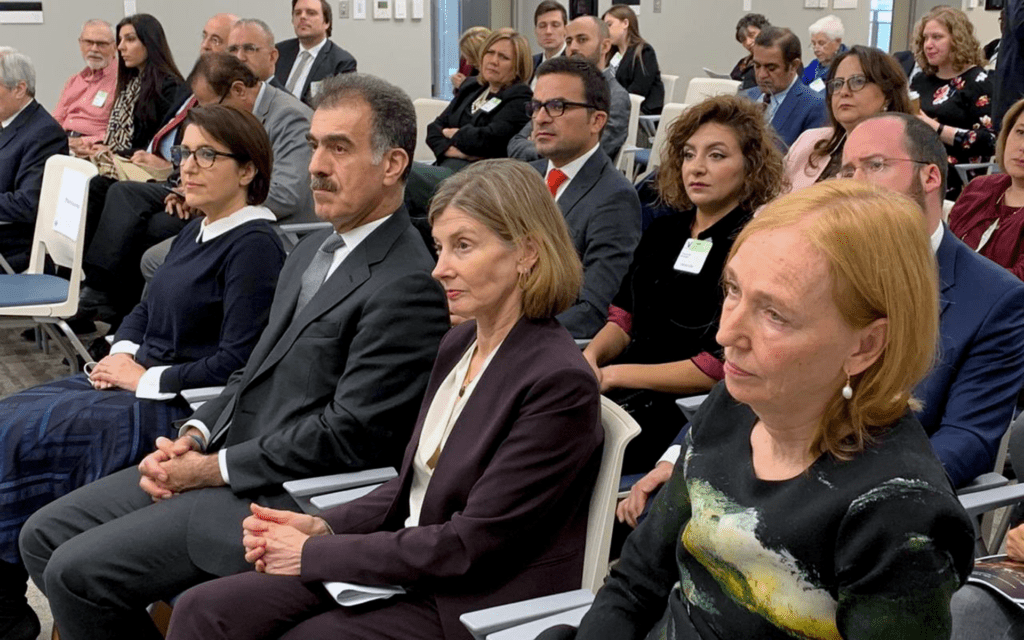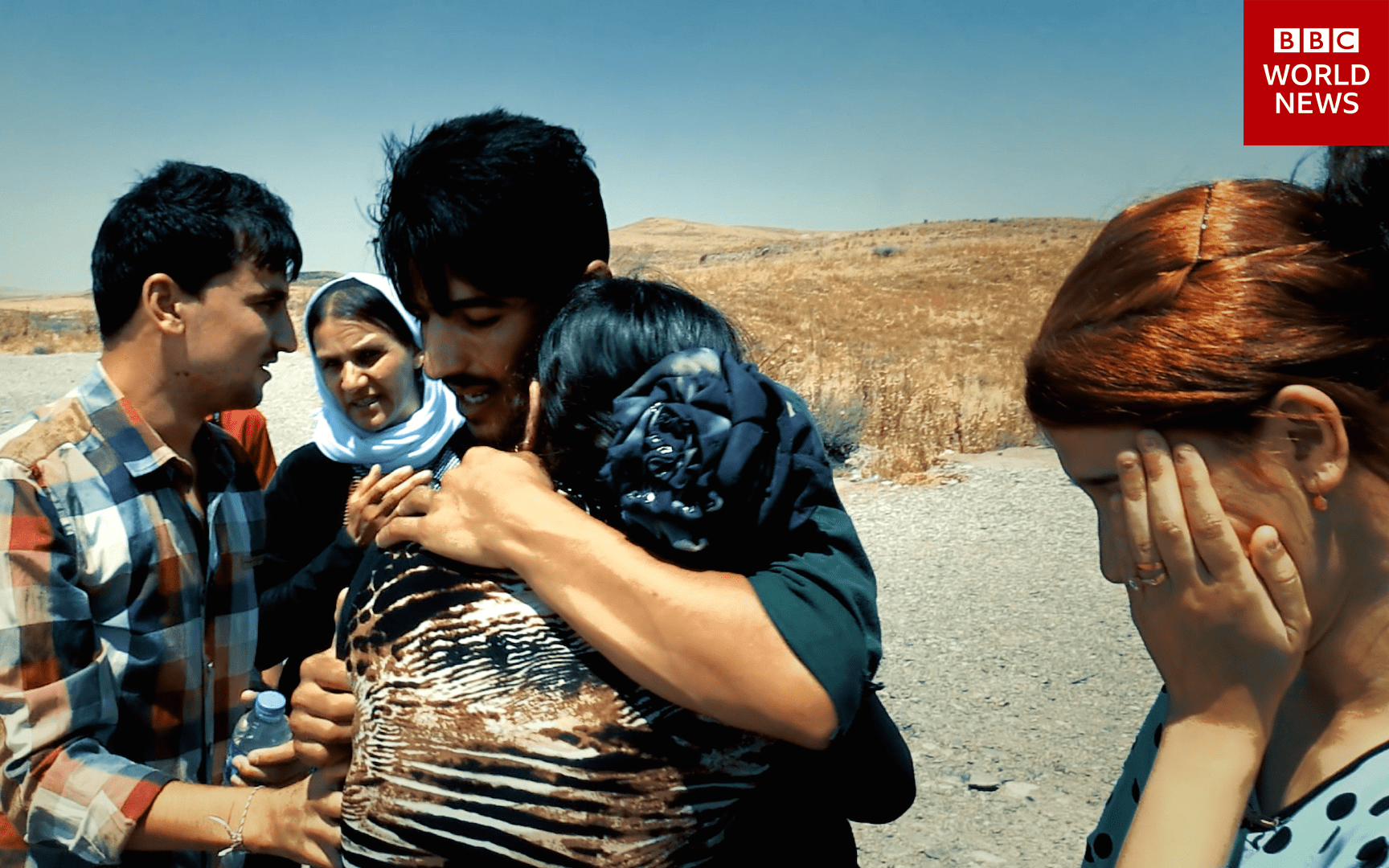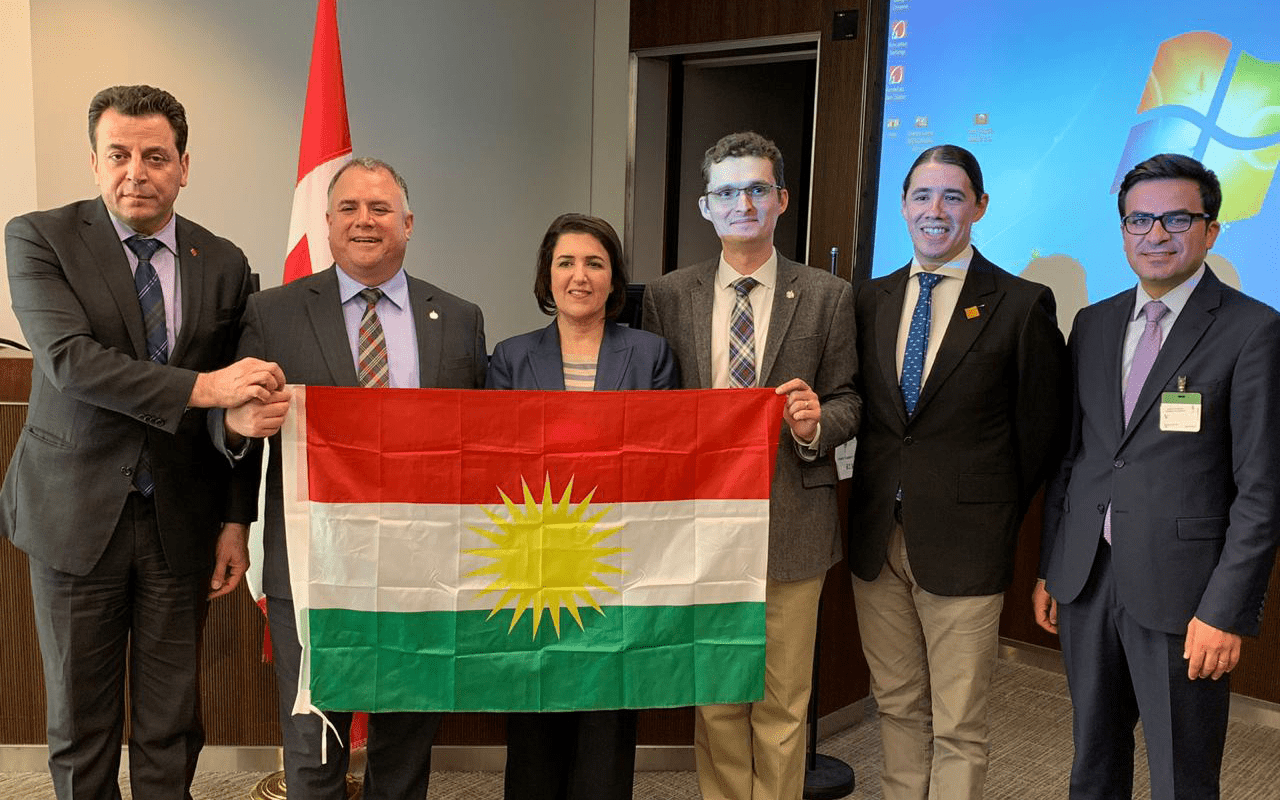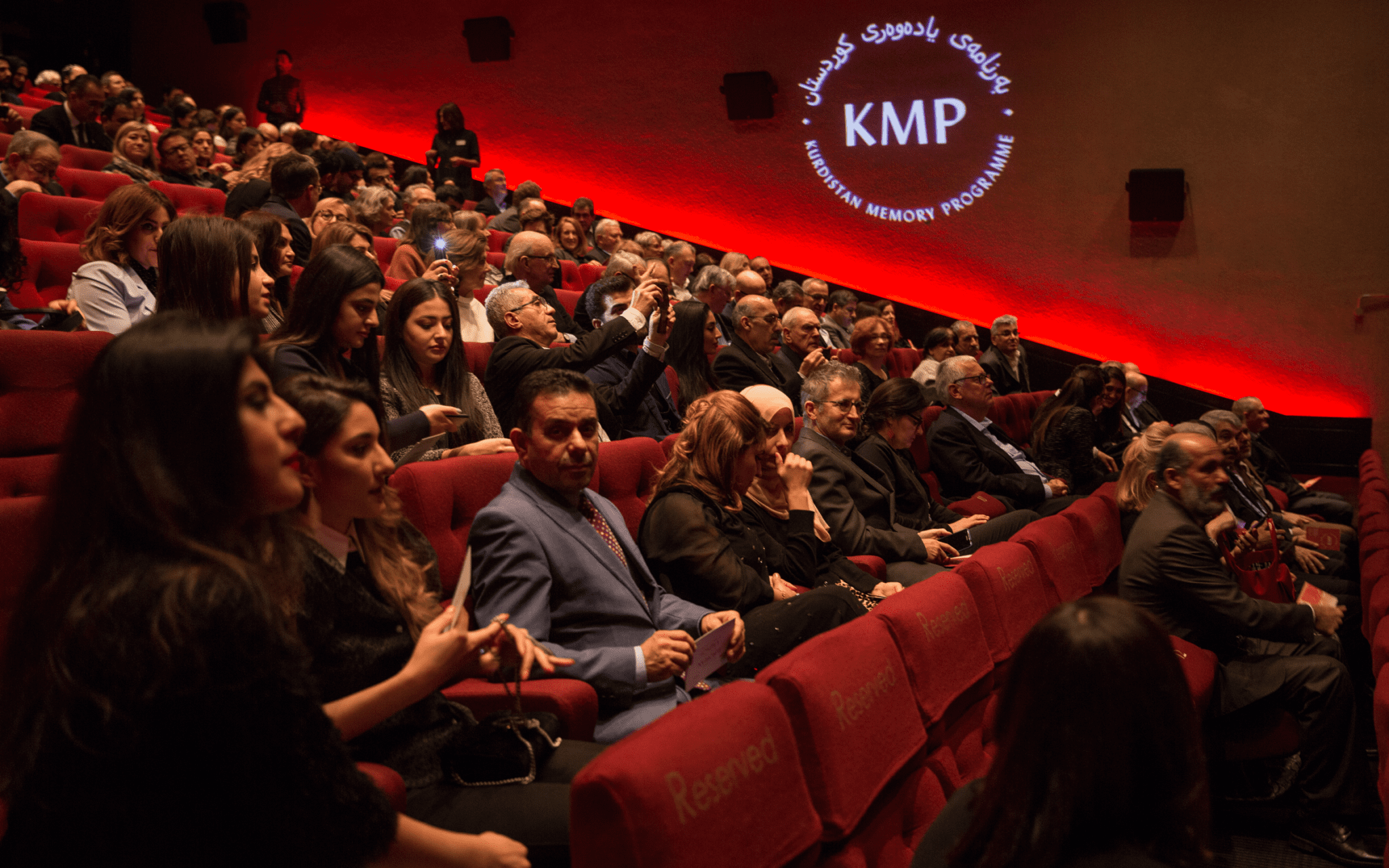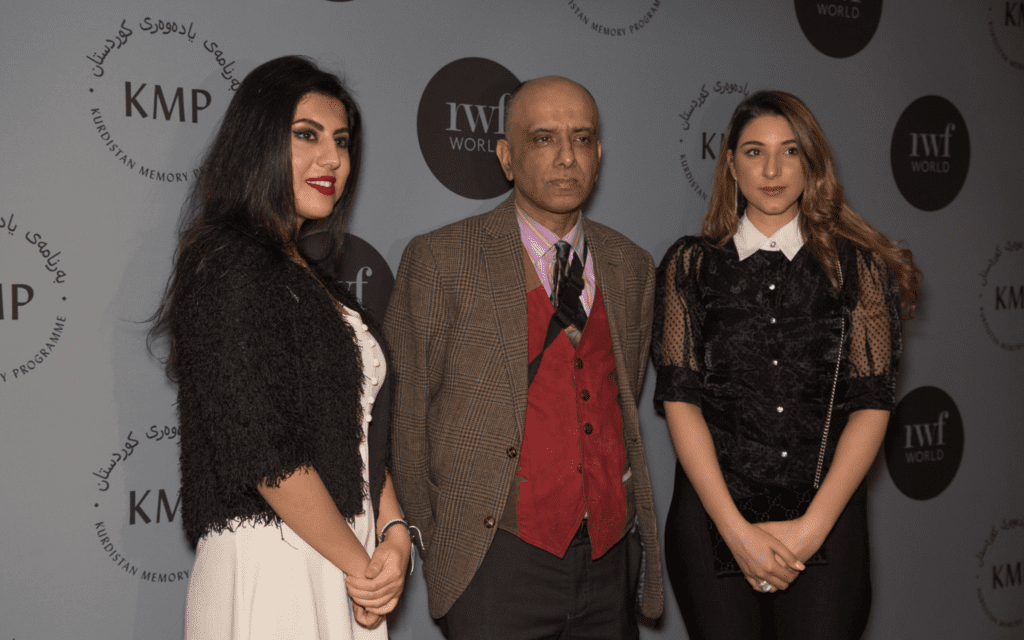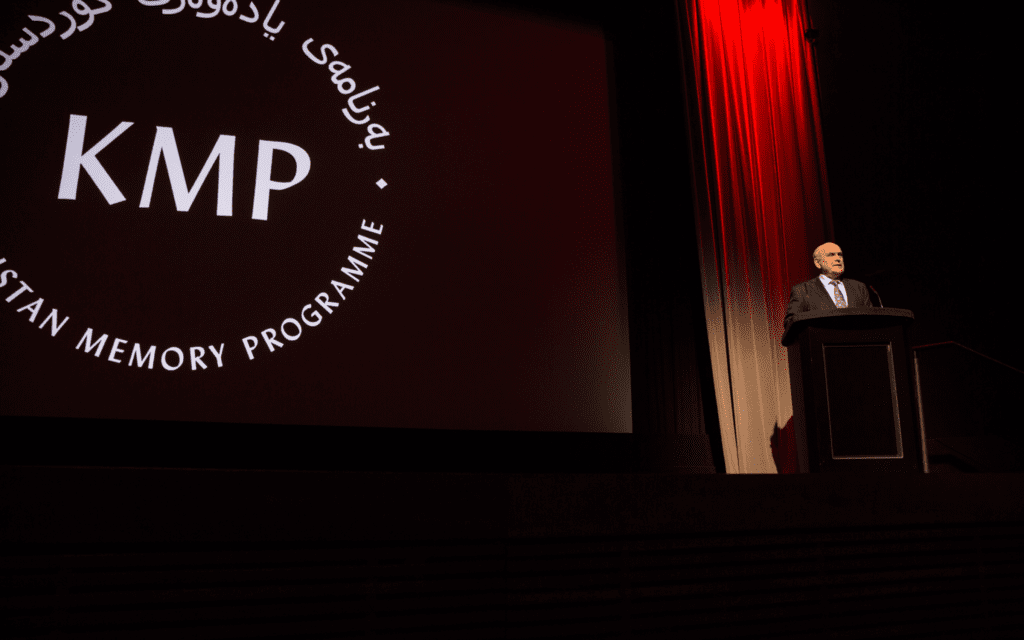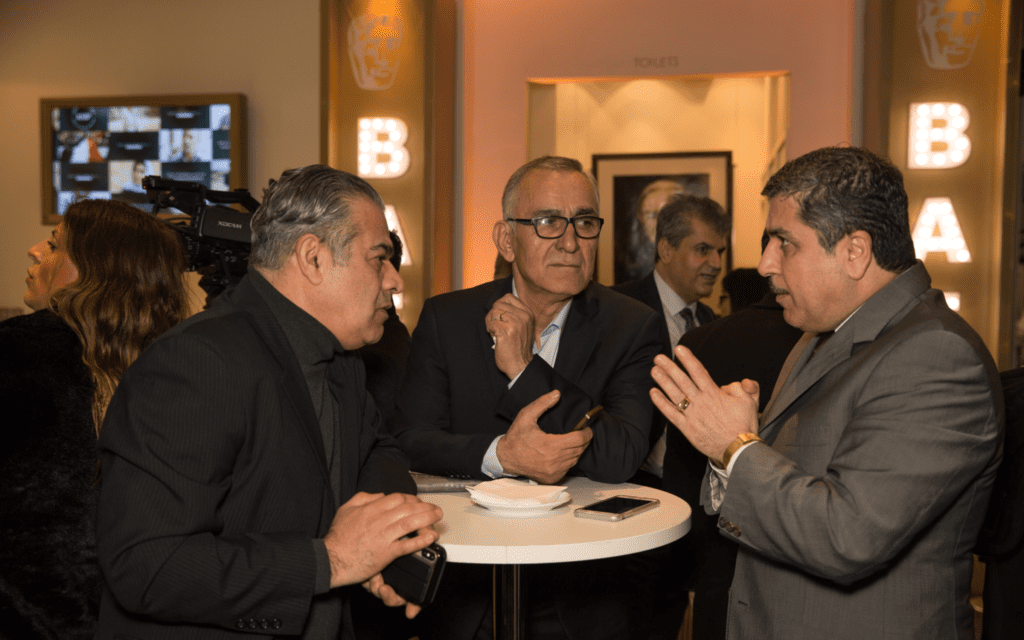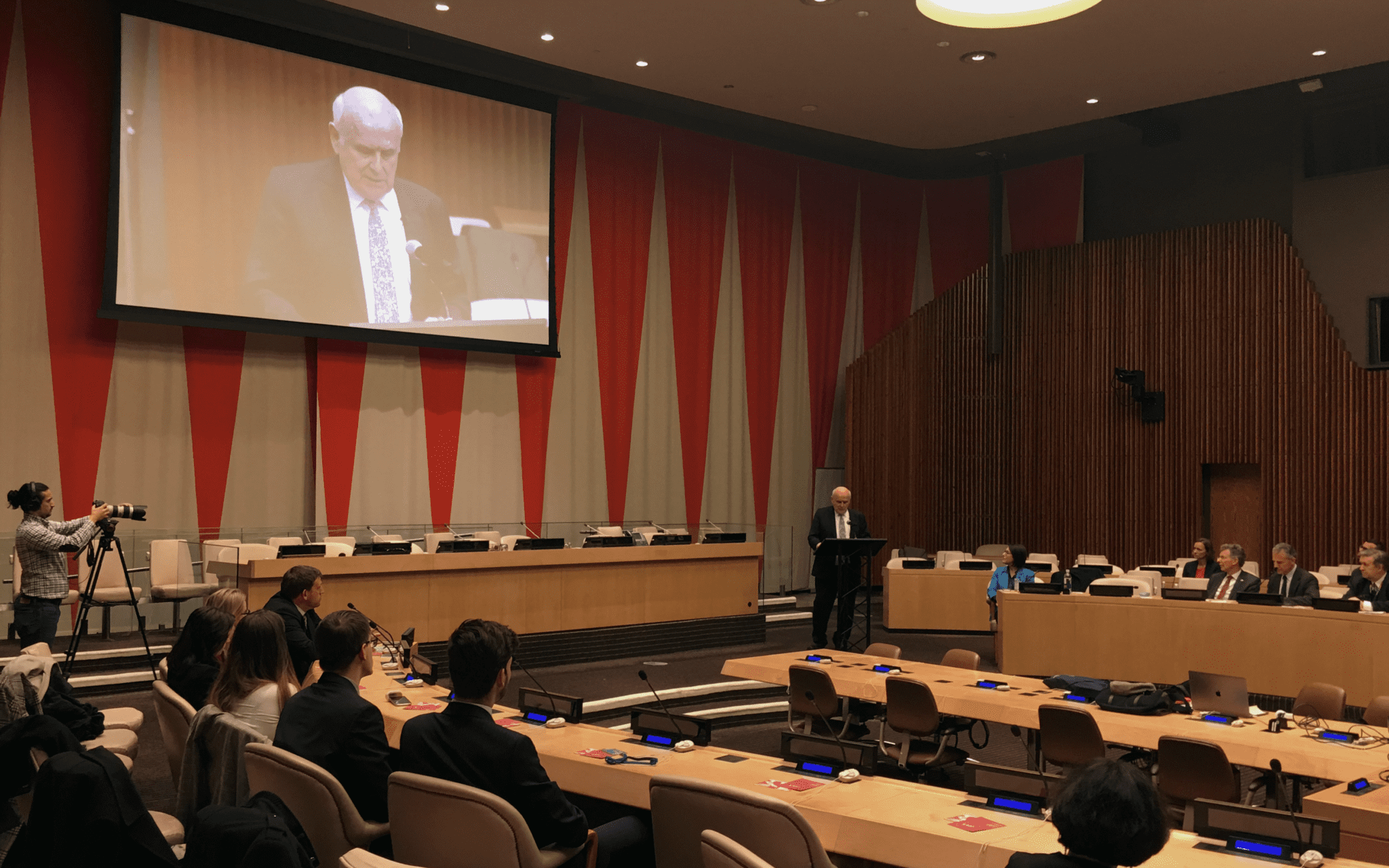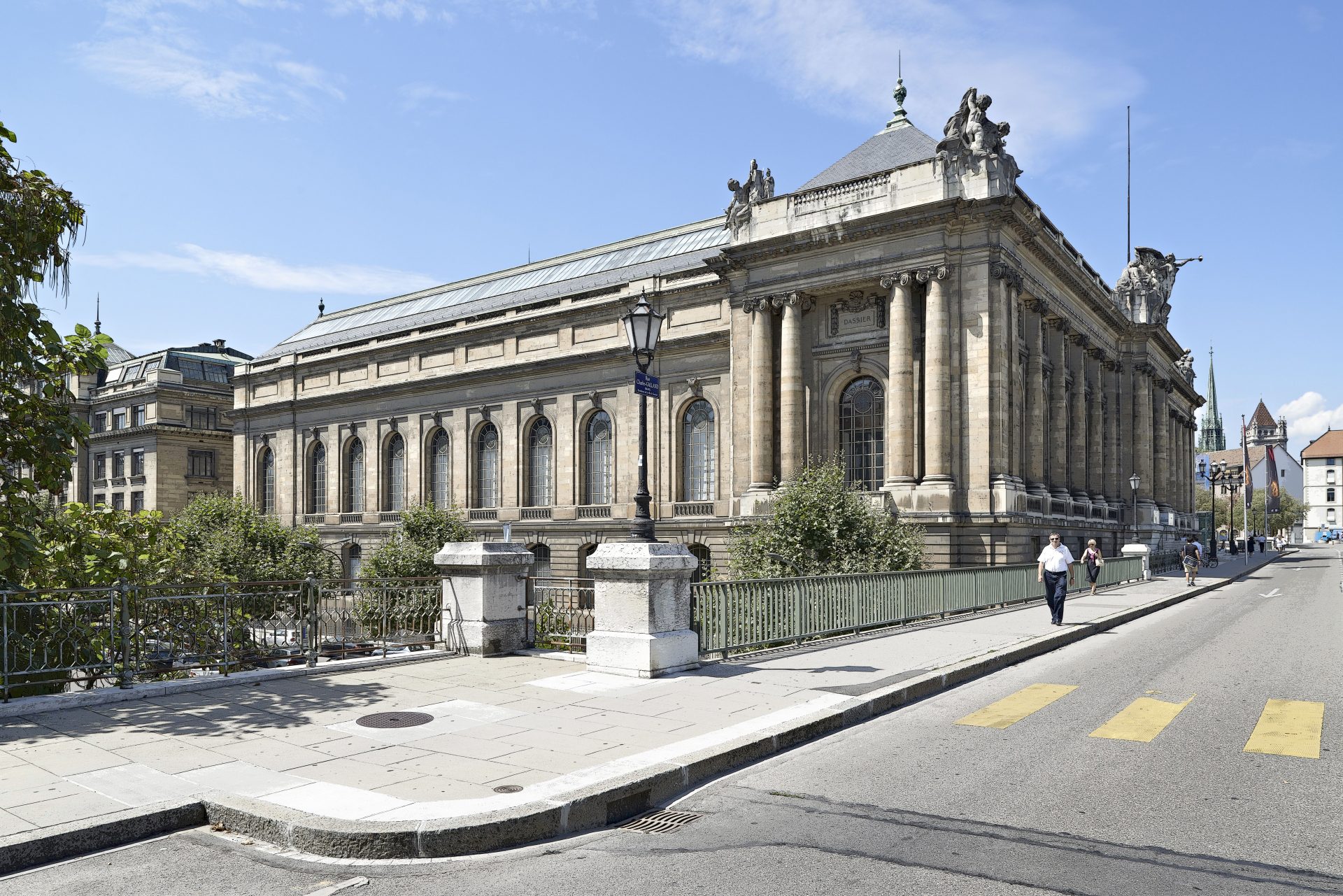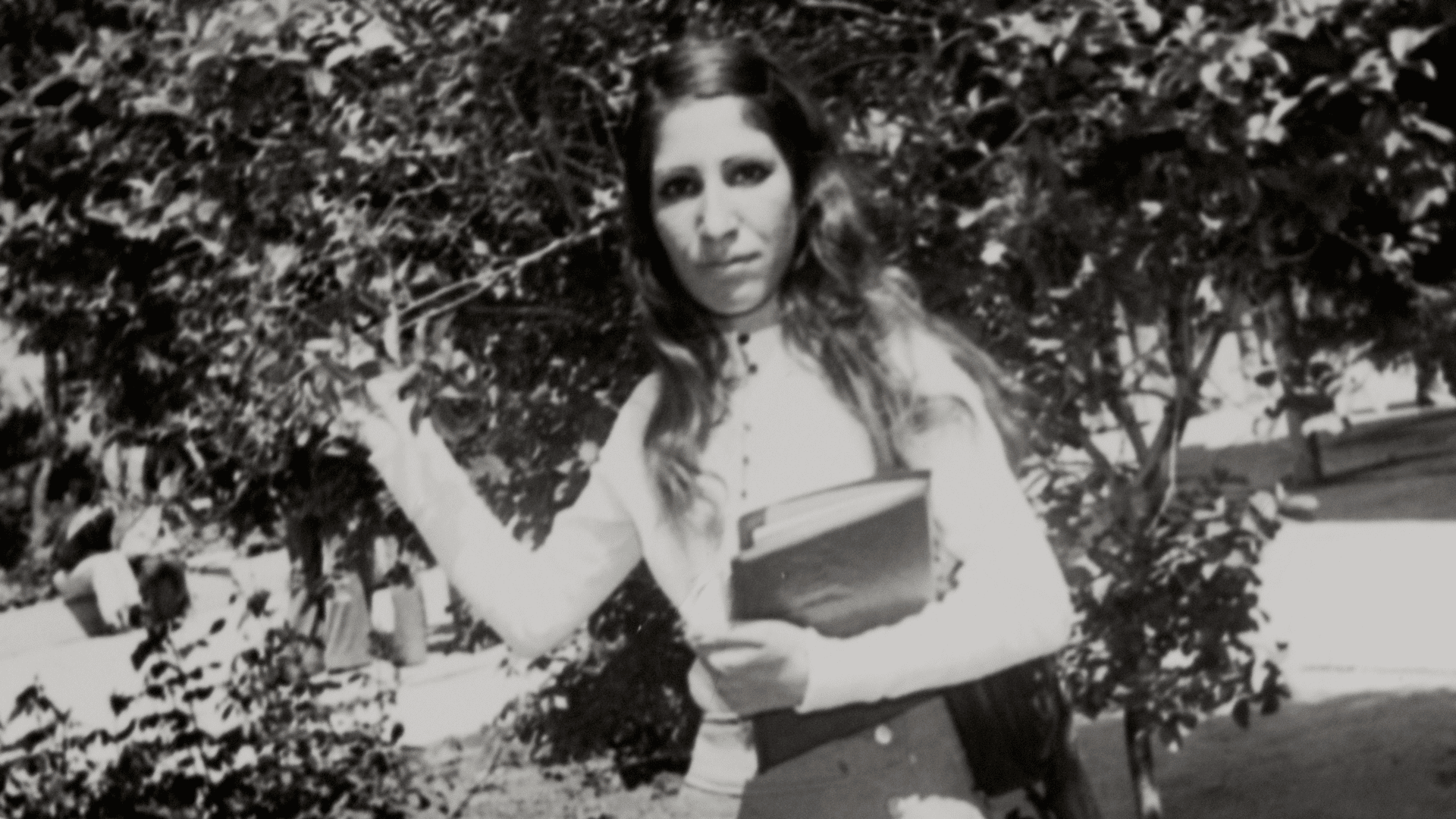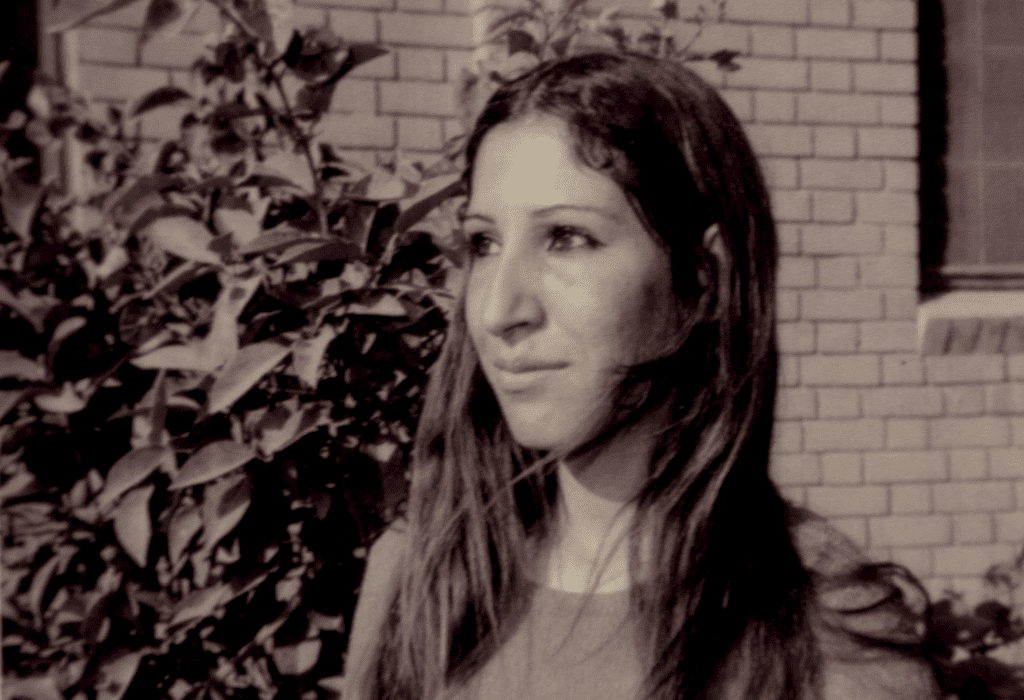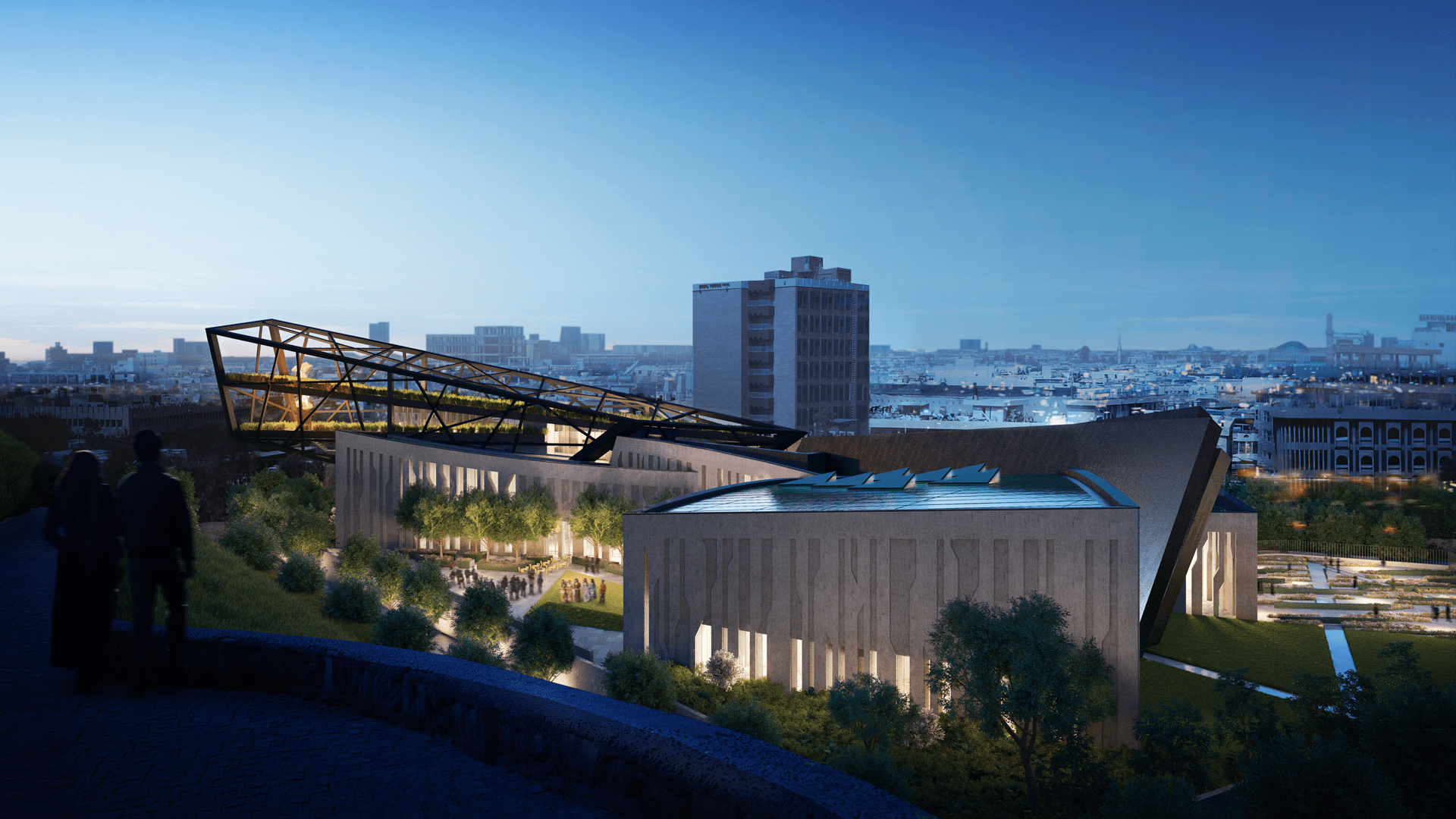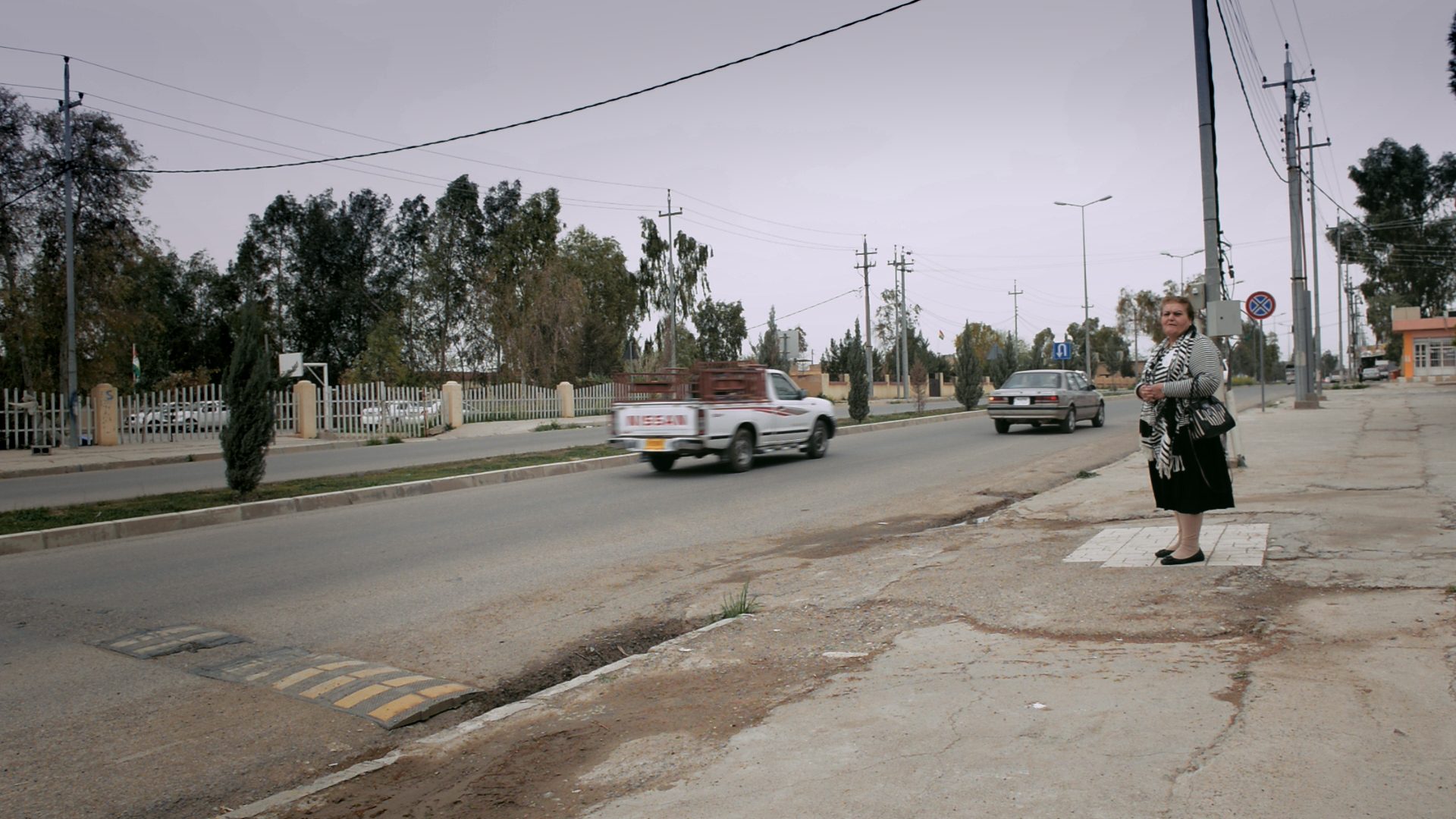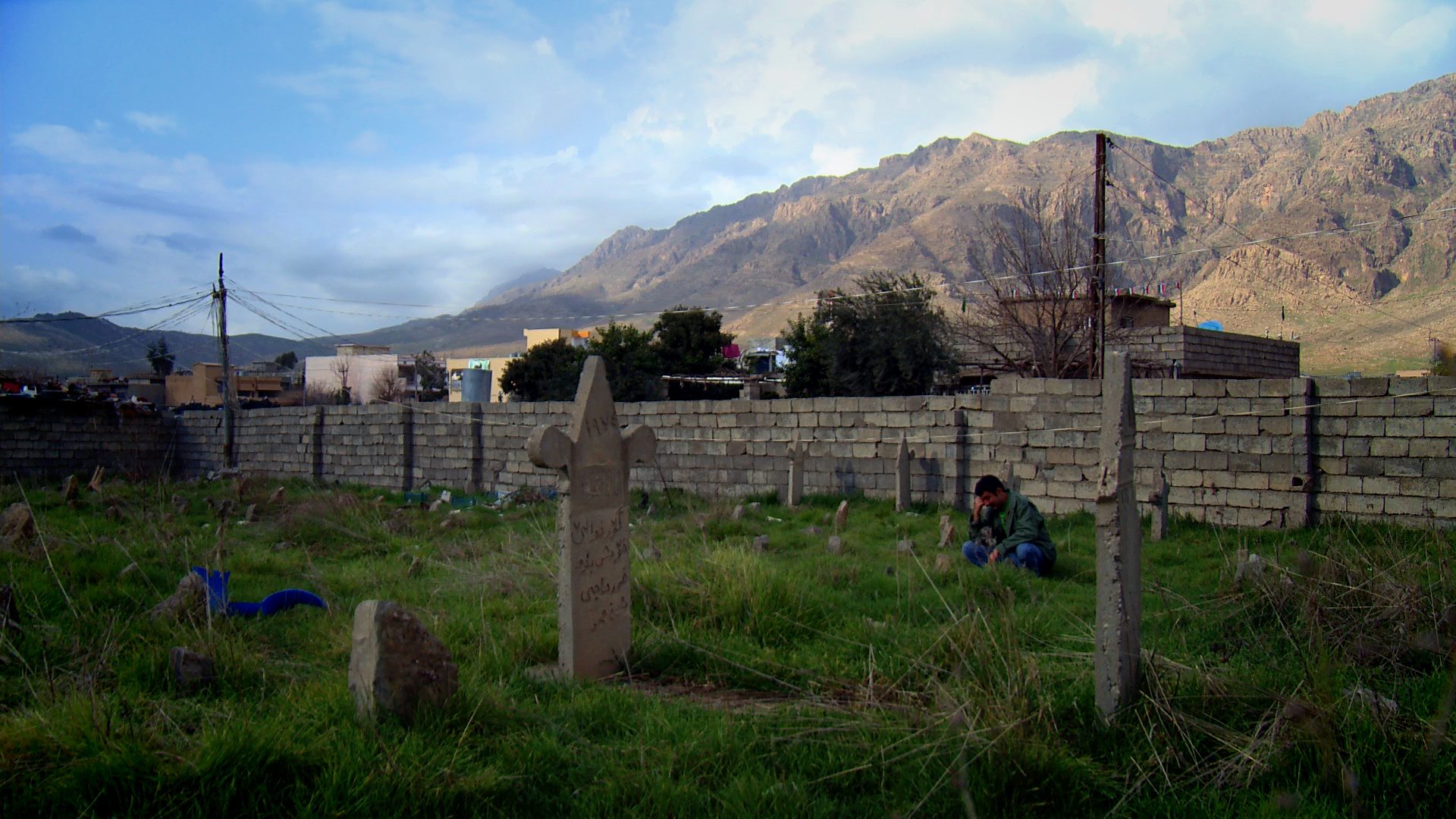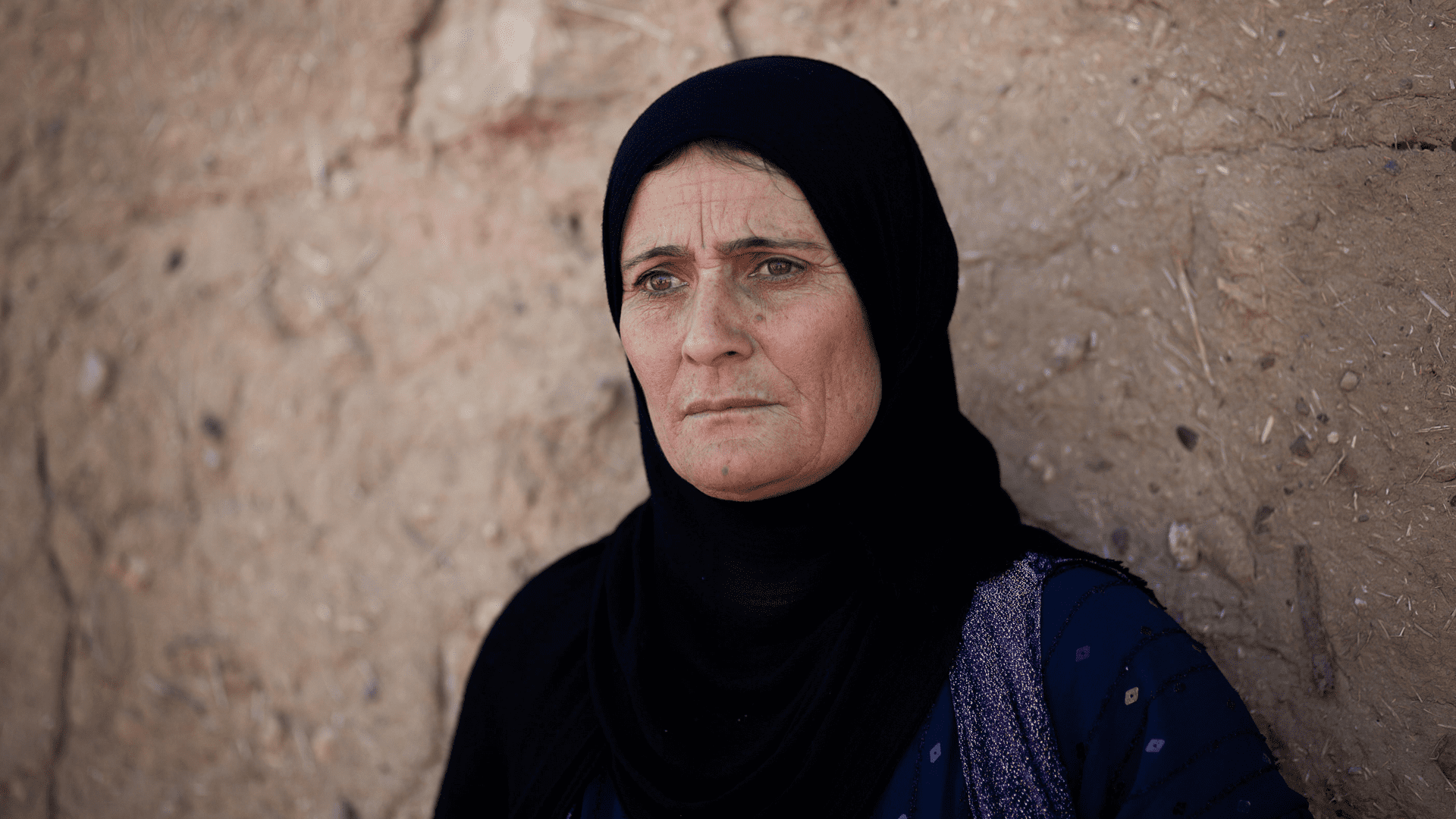KMP launches groundbreaking feature documenting 90 years of ‘Arabisation’ ethnic cleansing in Kurdistan and its role in the Anfal genocide
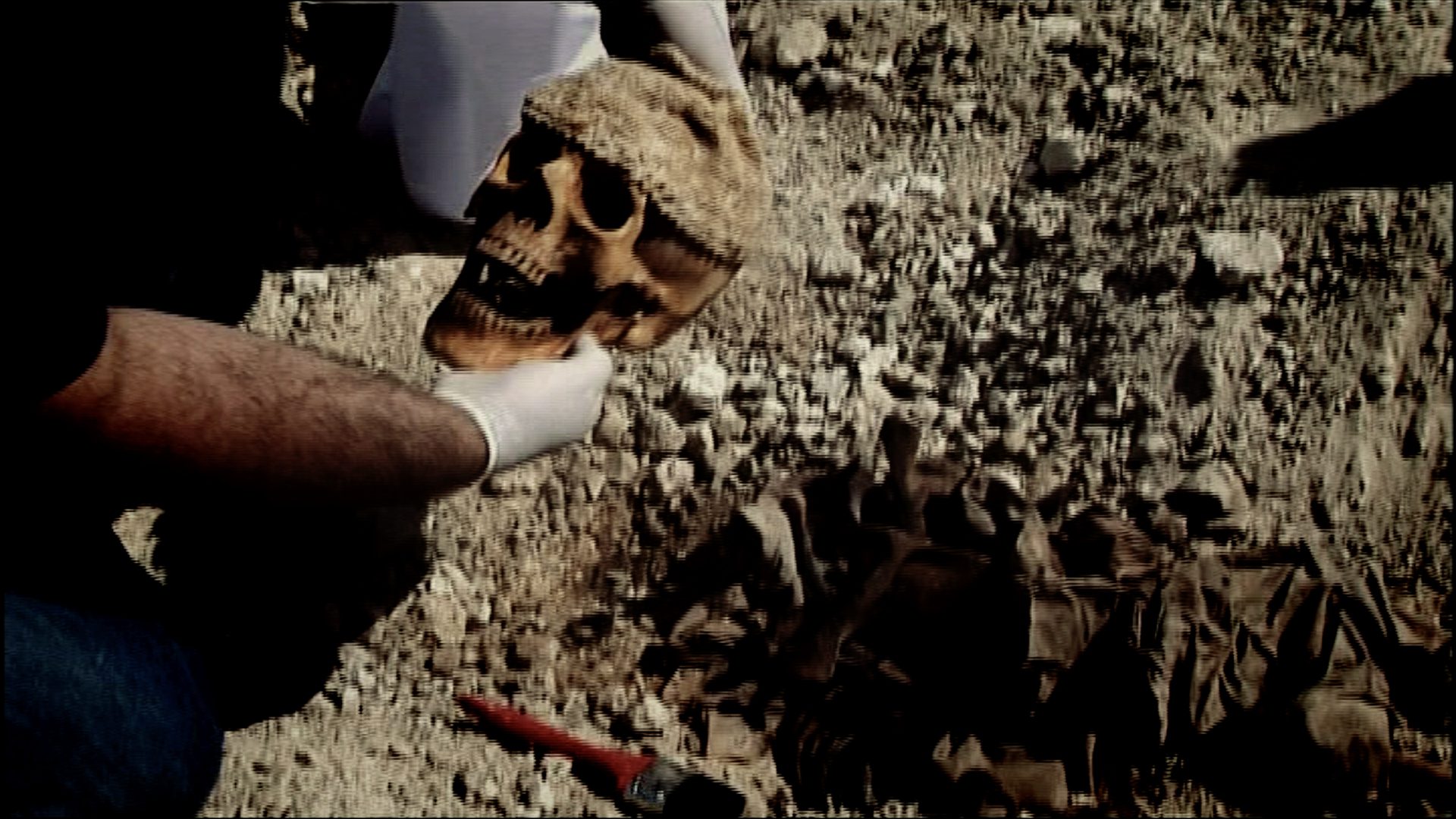
The Kurdistan Memory Programme (the KMP) was born of a vision to create a national archive that would form the foundational content of a national museum in Erbil.
Within the space of its 14 year operation the KMP has established itself as the world’s foremost resource on the Kurdish story. It has delivered the definitive account of the al–Anfal genocide of 1988 with interactive 3D maps, and its online resource has made accessible a wealth of deeply moving witness testimonies and unique archive footage.
Elsewhere, its exhaustive timeline feature chronicles more than 500 years of Kurdish history in unprecedented depth.
Since completing its filming work in early 2020, the KMP has worked hard to deliver its final and most ambitious project to date: a never before documented 90 year interactive history of ‘Arabisation’ ethnic cleansing in Kurdistan.
Featuring close to 100 original films documenting a near century of Kurdish experience, ‘Seeds of Genocide’ launches for the first time in May 2023.
Epic in scale, the feature uniquely details the deep connection between the ‘Arabisation’ ethnic cleansing of Kurdish lands and the mass genocide of 1988, in which up to 182,000 Iraqi Kurds lost their lives.
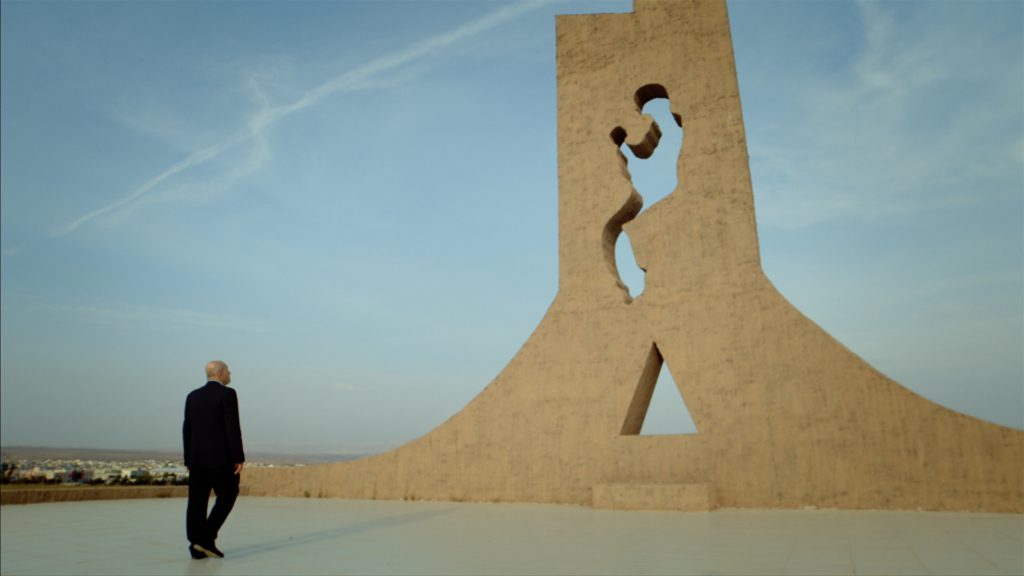
The mass killing of rural Kurds is commemorated at this memorial in Chamchamal, east of Kirkuk. Visiting the monument, AHMED ASKARI, a Kurdish member of the Kirkuk Provincial Council, reveals that Ba’athist laws relating to ‘Arabisation’ ethnic cleansing in Iraq were never annulled. Subsequently, Kurds continue to be displaced from their lands by the Iraqi authorities.
‘Unfortunately, ethnic cleansing continues to this day in the Kirkuk region,’ says Gwynne Roberts, the KMP’s international director.
‘By forensically analysing Arab nationalism and the policies that enacted dispossession, displacement and cultural erasure throughout ancient Kurdish heartlands, our hope is that the international community will grow more aware of the concerning historic patterns that lead to mass genocide. These traumas must not be allowed to repeat themselves in the 21st century.’
‘Seeds of Genocide’ reveals how the architects of Arab nationalism in Iraq and Syria modelled their influential ideology on that of Nazi Germany, and suggests that the embers of Ba’athism continue to glow in these two countries.
In all, the KMP has recorded more than 1,000 oral testimonies from people in every corner and societal strata of Kurdistan, edited and produced over 500 premium films, and created a unique multimedia archive that documents more than 500 years of Kurdish history.
‘Seeds of Genocide’ is the latest and most ambitious venture in the KMP’s establishment of a ‘digital museum’ to illuminate Kurdish history and identity, and has been produced in honour of the Kurdish people, their struggle, and its universal significance to the human story.
